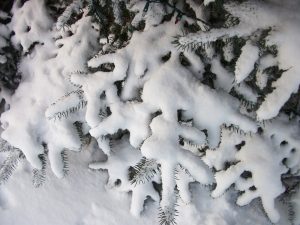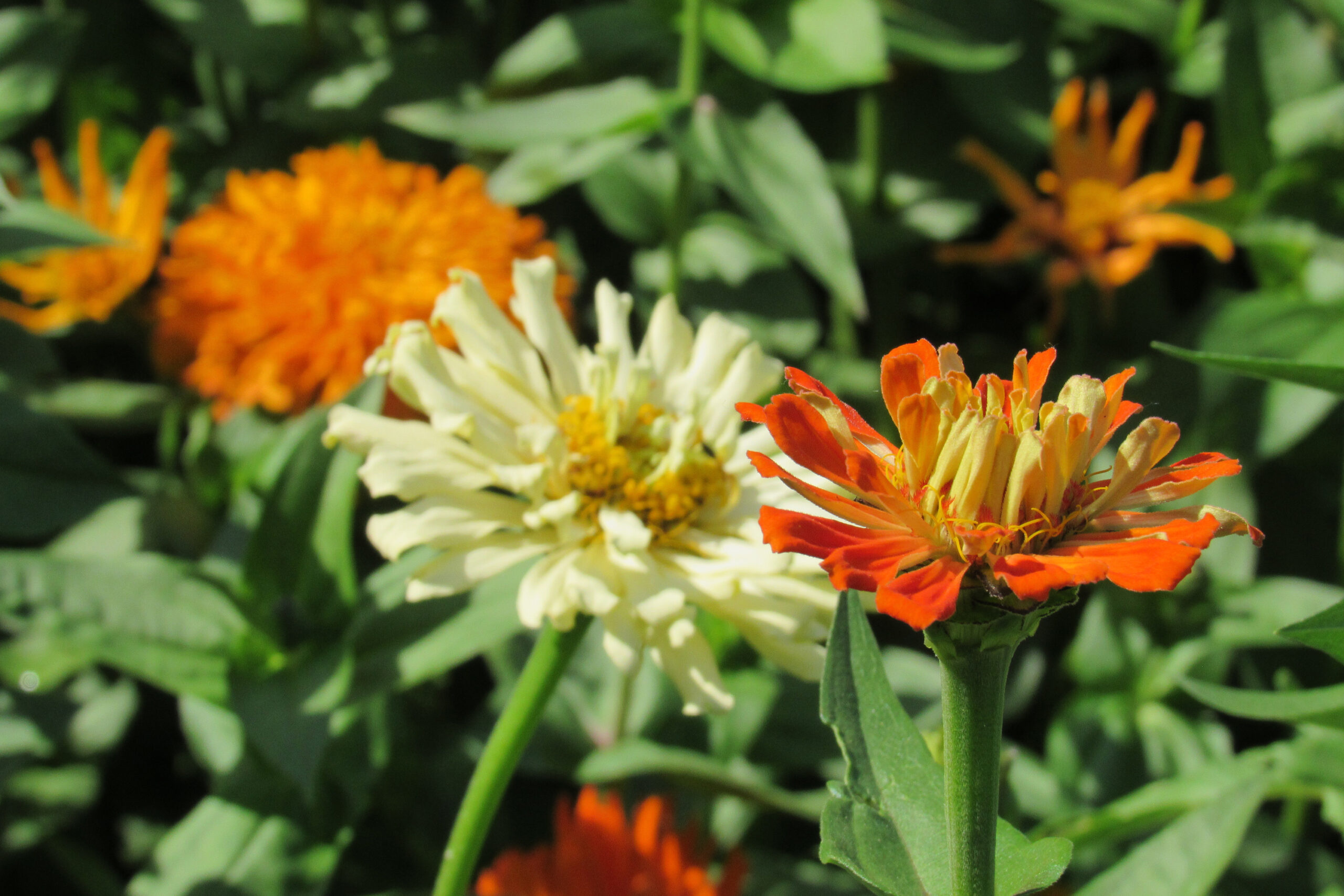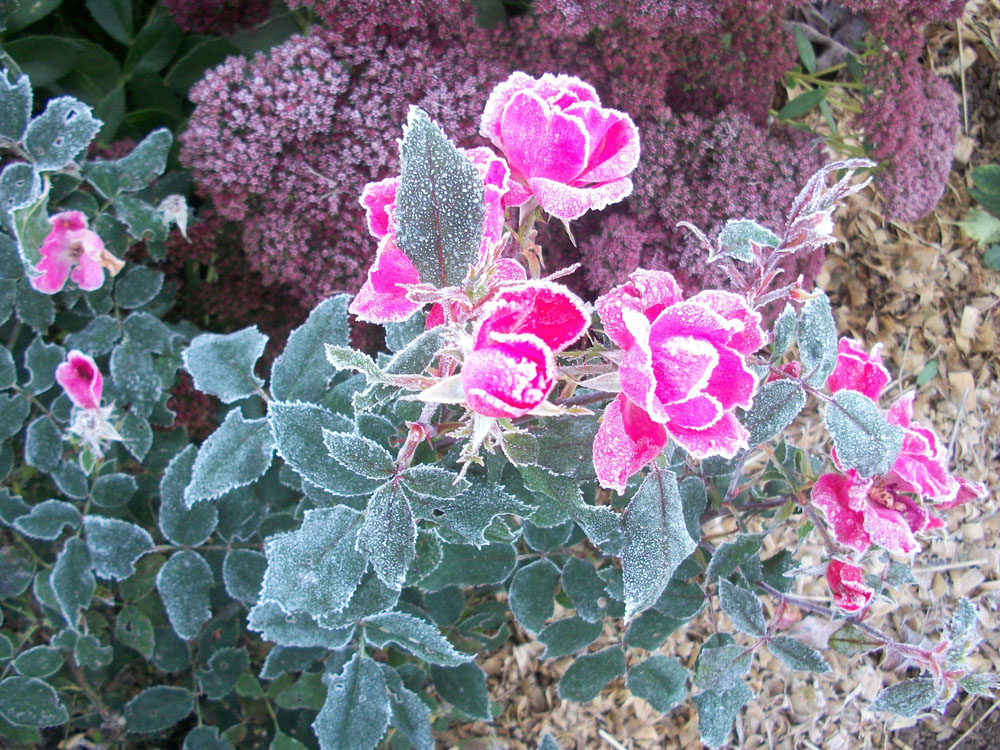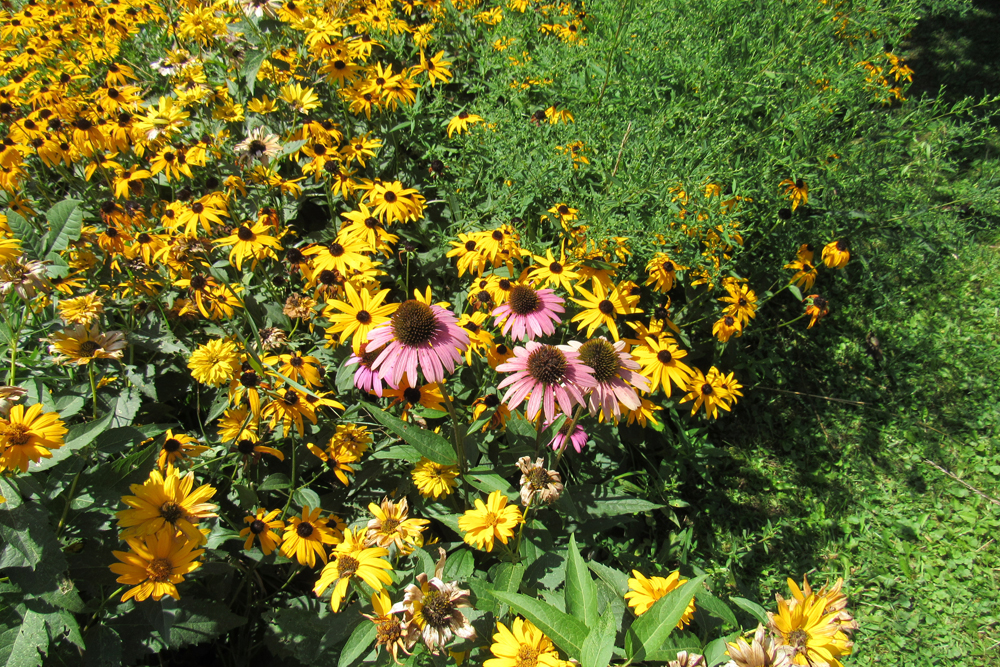White Christmas
I would like to start this week’s column by wishing everyone a very Merry Christmas and a Happy New Year!
As much as I don’t like driving in the snow, I know the white stuff can be an important part of the holiday season for many people, and from a gardener’s viewpoint, it can even be a boon to the garden.
I’m not sure as I write this if we will have a white Christmas or not this year, but from the way my yard looks at the moment and the forecast for the next few days, I’d say it’s a pretty good bet at least some of the snow will be around for Christmas.

That “blanket” of snow really does act as a blanket for your gardens and landscape. It is a wonderful insulator which can protect plants and soil as well as trees and shrubs from frigid temps and howling winds.
According to the National Gardening Association, without snow cover, cold temperatures can deeply freeze the ground and damage root systems of shrubs and trees. Without insulation, water in plant cells can freeze and damage cell walls. Winter winds can dry-out plants when there is no snow cover, and even plants in containers can benefit from a blanket of snow.
Snow additionally protects your plants from the cycles of freezing and thawing that can heave them out of the ground.
It’s the shape of snowflakes that makes them such great insulators. Small spaces in each snowflake are filled with air and as they pile up, cold temperatures cannot permeate as deeply into the snow, protecting plants below from very cold temperatures, the National Gardening Association (NGA) says.
Additionally, the NGA says snow acts as the “poor man’s fertilizer,” pulling nitrogen and sulfur from the air as it falls. Later, when the snow melts, these elements are released into the soil and then used by plants. Nitrogen is especially essential to plant growth.
Not surprisingly, snow also conserves moisture in the soil and provides water for the soil as it melts.
The University of Delaware Cooperative Extension says even dormant plants lose moisture as water evaporates through their branches. Evergreens – which keep their foliage year-round, are at an even greater risk of injury from lack of moisture and can suffer from winter desiccation (drying out).
If you have left root crops in your garden, snow cover can sometimes keep the ground from freezing, making it easier to harvest.
Snow has many benefits to the gardener, but it can be damaging when heavy snowfall weighs down branches and splits or breaks them. Destructive animals such as voles and mice can cause damage to plants and trees below the snow, chewing on bark and eating stems. Rabbits can reach up into trees for bark when snow levels become quite deep.
But there is another benefit (my personal favorite) to a snowy garden and landscape – enjoying its beauty on long moonlit nights from the warmth of my home.






